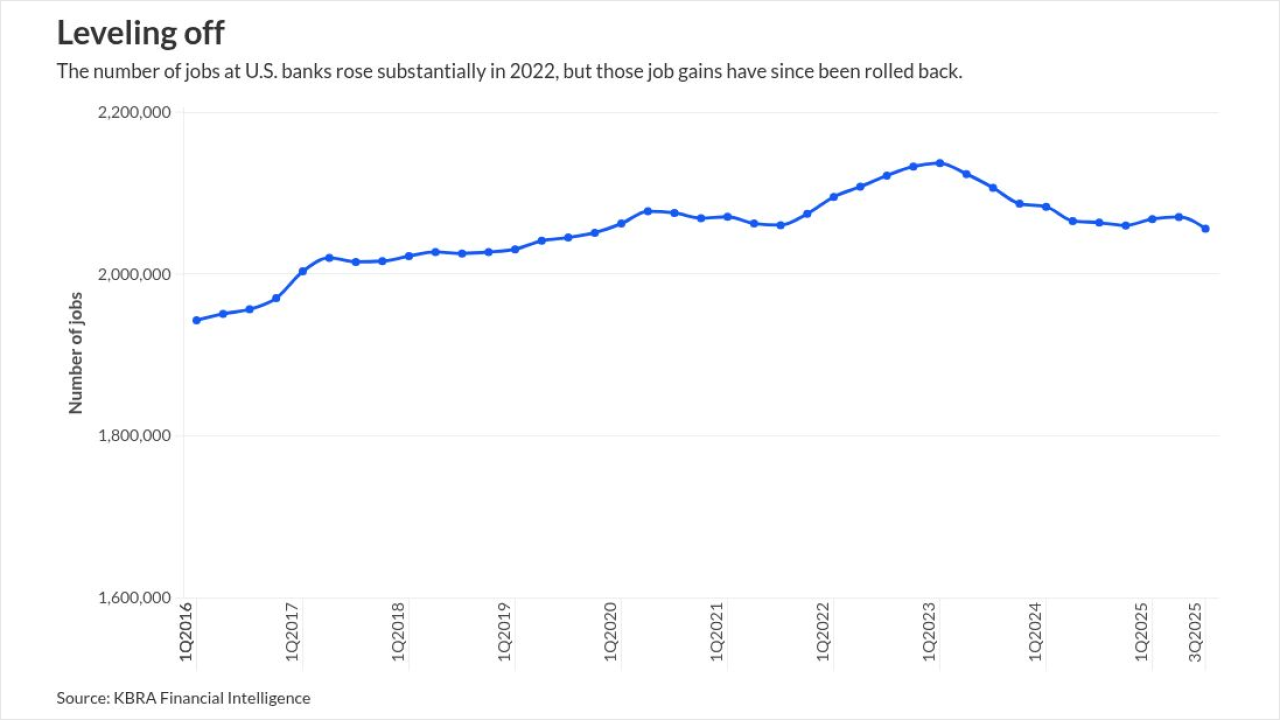For years, bankers have been warned about fintech companies making banks irrelevant. This threat boils down to the much-hyped "unbundling" of banks.
As the story goes, the days of customers treating their banks as one-stop shops for all of their financial products and services are coming to an end. Instead, customers will supposedly cherry-pick what they want from the thousands of different fintech companies that focus on a single digital financial product or service. Fintech companies, as the thinking goes, will simply provide better options for customers than banks that are struggling to offer everything at once.
On the surface, this seems like an insurmountable threat for many banks. How can individual institutions keep up with the pace of innovation in the fintech sector? In reality though, fintech companies that only focus on a single product or service are not so well positioned to replace banks. In fact, they often rely on partnerships with banks to bring their products and services to market.
Such partnerships have been forming for years and they are among the strategies banks have deployed toget ahead of the unbundling phenomenon. Rather than get displaced by fintech companies that specialize in one specific product category, banks can leverage these partnerships to upgrade their own offerings while maintaining customer relationships.
Rather than startups that unbundle banking services,
A handful of the most successful fintech companies are already doing this: Social Finance, a marketplace lender, is offering wealth management services to its lending customers; Square and PayPal are providing commercial loans to their merchants; and the much-beloved Venmo is offering in-store mobile payments, and therefore, moving beyond peer-to-peer payments.
These fintech companies have drawn on their inherent advantages as digitally native companies — including better agility, faster speed to market and greater allure for talented IT professionals who specialize in the latest technologies — to succeed with their core products. If they can leverage these advantages to offer a broad portfolio of successful products and services, they will be much better equipped to eventually replace banks as primary financial services providers.
Whether fintech companies can really pull this off, of course, remains to be seen. The most publicized — and successful — attempts by fintech companies to expand beyond their core offerings so far have been the commercial lending efforts of PayPal and Square.
Lately, both companies have been aggressively growing their lending arms. PayPal Working Capital, for instance, issued $1 billion in small-business loans in the eight months preceding this past July. It had issued $1 billion total in the previous two years-plus. Meanwhile, Square started to expand beyond its own payment processing customers by partnering with other payments providers like Vend and TouchBistro to provide loans to their merchants.
However, PayPal and Square face significant challenges in expanding their lending businesses. So far, the two companies have grown their lending businesses by focusing on existing customers and using customer data to evaluate creditworthiness. Expanding beyond their payments customers will mean that PayPal and Square will have to keep their lending businesses profitable while giving up some of these marketing advantages.
Similar growth struggles will befall other fintech companies that try to emulate the expansion model. Navigating partnerships and growing brand awareness among new customer segments are growing pains that come with entering new product categories. For fintech companies, these challenges can be further complicated by regulatory requirements pertaining to different product and service categories.
So far, no fintech company has navigated these challenges to succeed on a mass scale beyond its core product or service. PayPal and Square are making up the playbook as they go along.
However, banks would be wise to watch their efforts closely. Unlike the unbundling threat, the rebundling threat is real.
Paul Schaus is the president, chief executive and founder of CCG Catalyst. He can be reached at





